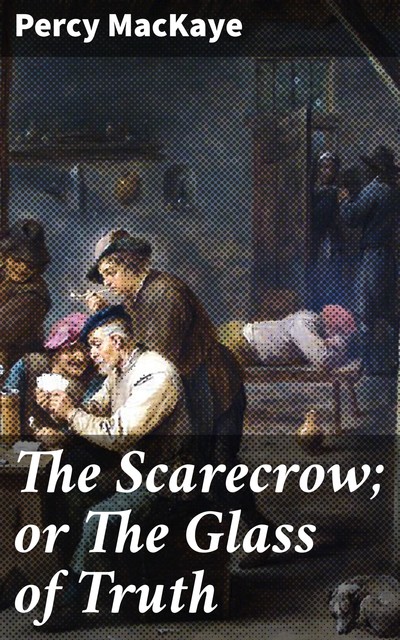In “The Scarecrow; or The Glass of Truth,” Percy MacKaye weaves a rich tapestry of allegory and social commentary, set against the backdrop of early 20th-century America. This verse play transcends mere storytelling, employing a unique blend of lyrical dialogue and poignant symbolism to examine the human condition and the societal constructs that shape moral righteousness. With vivid characters and an emotive narrative, MacKaye explores themes of honesty, deception, and the quest for truth, inviting readers to engage critically with the dilemmas presented by a divided world. Percy MacKaye, a distinguished playwright and poet, was deeply influenced by the tumultuous times of his era, particularly the rise of industrialization and its impact on society'Äôs values. His background in both literature and the performing arts afforded him a unique insight into the relationship between truth and tradition. MacKaye'Äôs commitment to social reform and his environmental advocacy are elegantly mirrored in this play, reflecting a profound concern for humanity's moral compass in the face of changing societal norms. Readers seeking a thought-provoking exploration of truth and its implications will find “The Scarecrow; or The Glass of Truth” an unforgettable experience. MacKaye's artistry not only entertains but also challenges us to reflect upon the constructs of truth and lies, making it a timeless work that resonates with contemporary issues.


